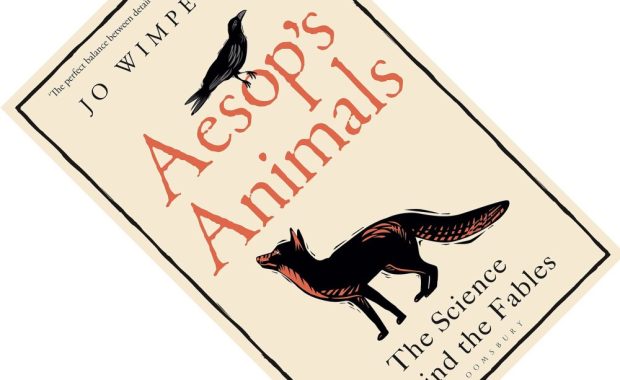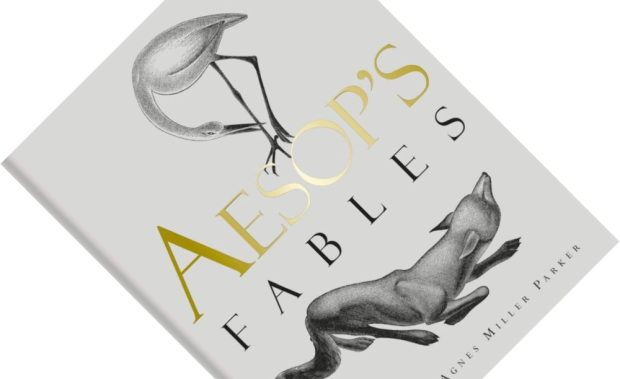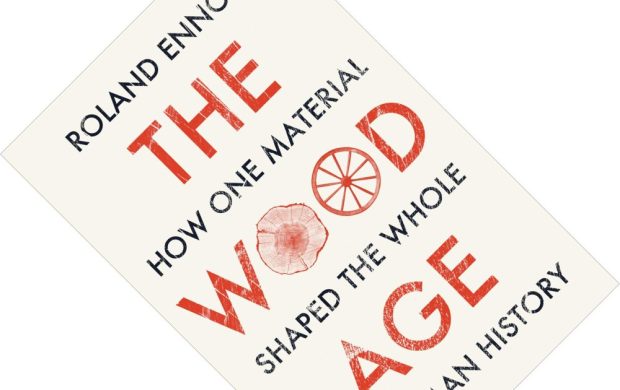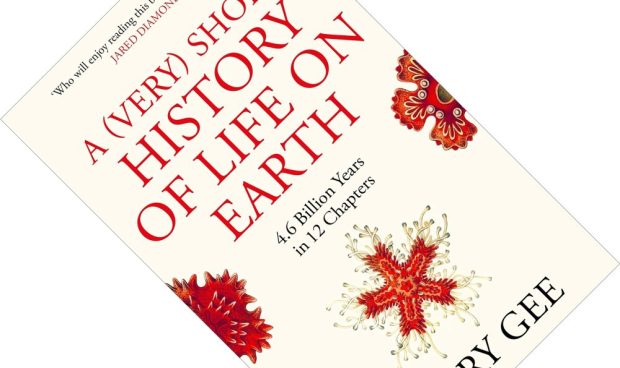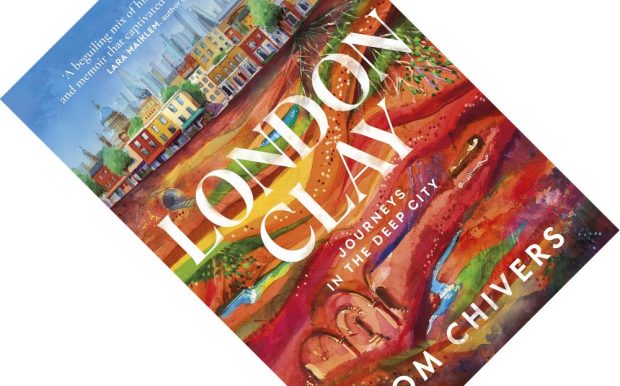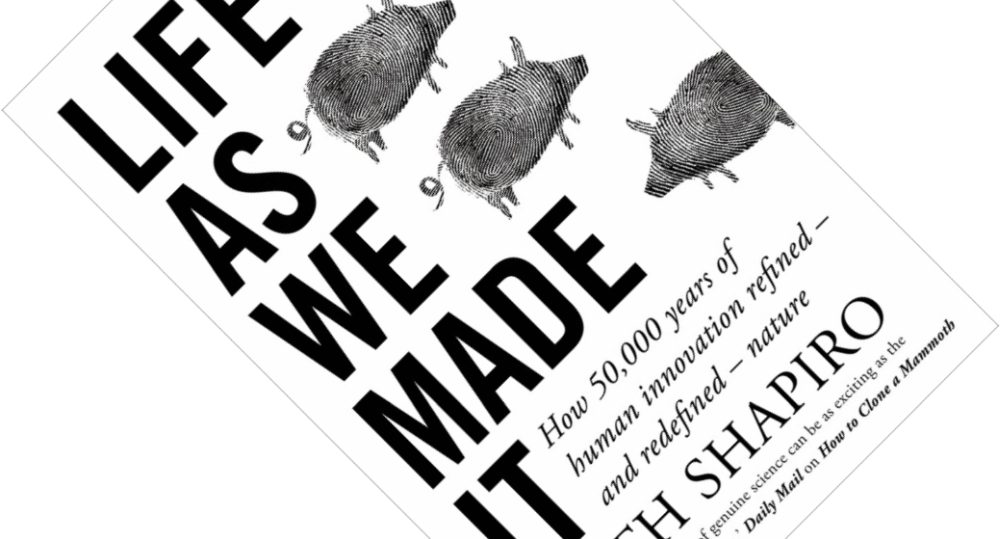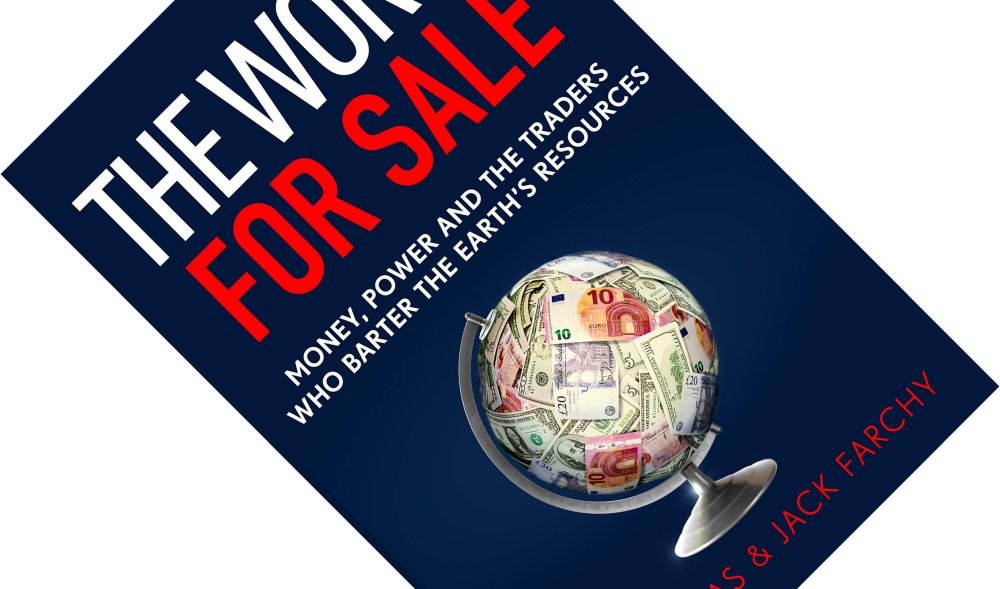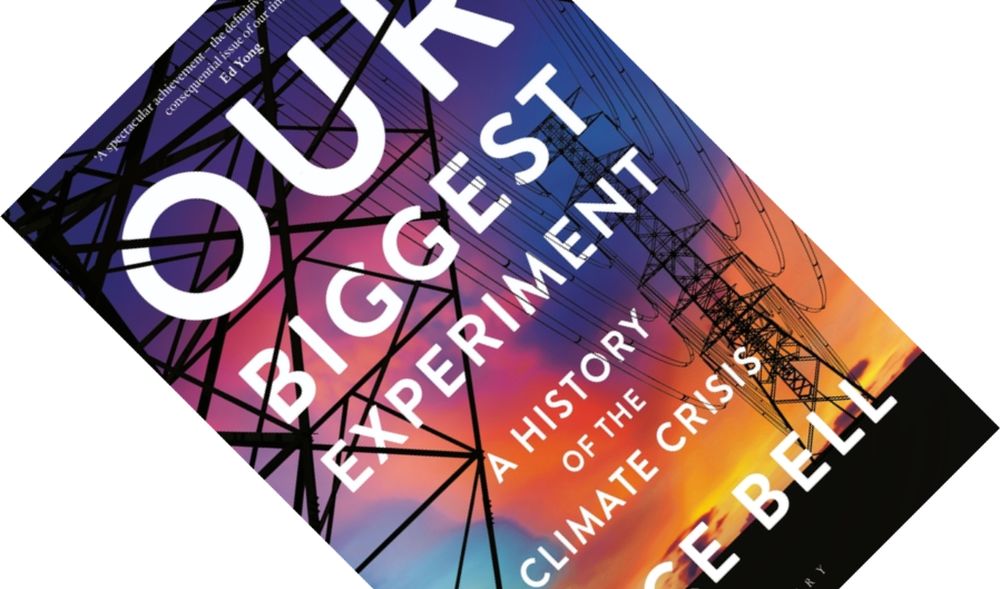8-minute read
keywords: environmental history
The Industrial Revolution has been a mixed blessing. Although it improved living standards and brought material prosperity to many, humanity and the environment have paid a high price, not least in the form of pollution. The Contamination of the Earth catalogues the many forms of past pollution but also examines the social and political aspects of it. In other words, how people were affected by it and responded to it, and how legislation and politics allowed it to happen, to persist, and to only grow with time. This sprawling and information-dense environmental history work does full justice to this large and serious topic, but be prepared for a read that is neither light nor uplifting.


